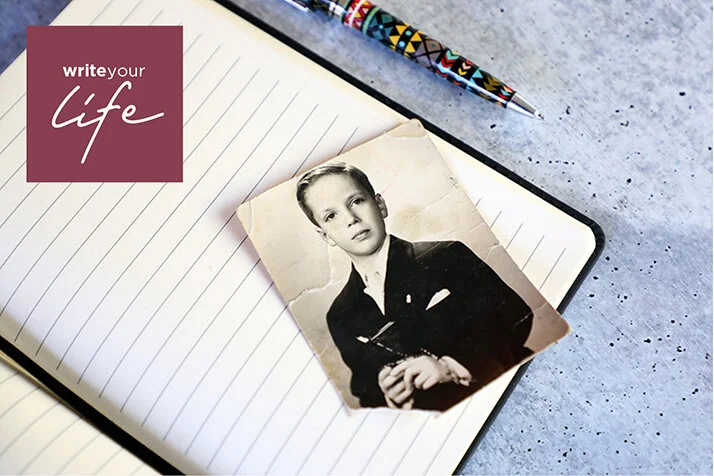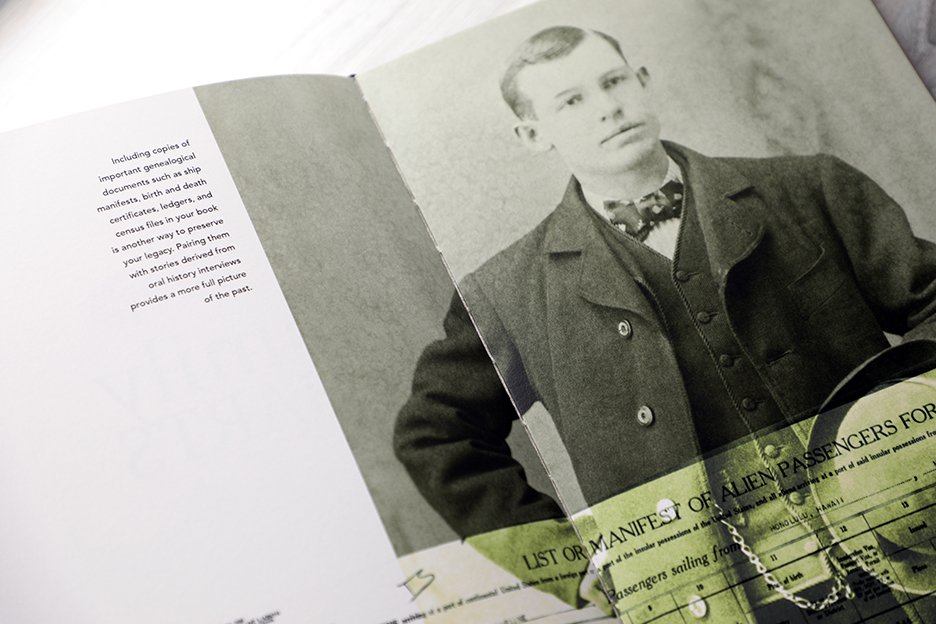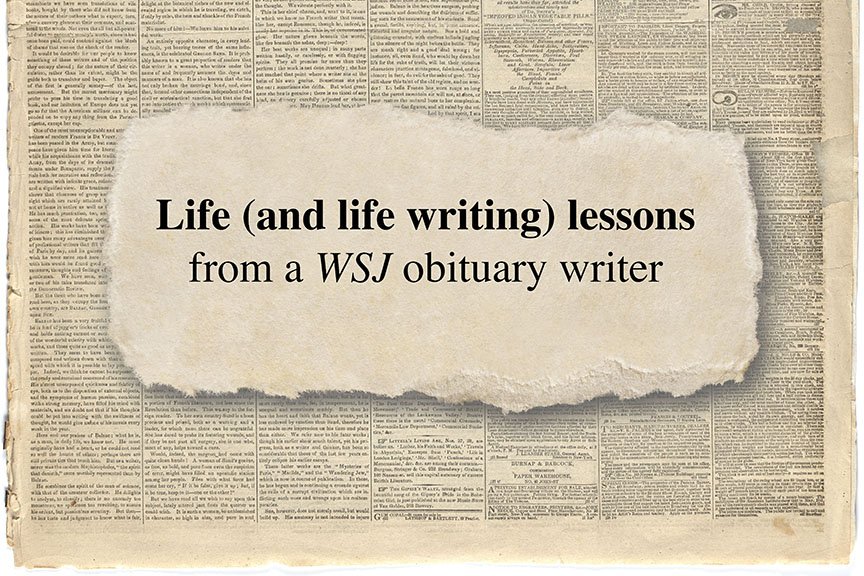Writing prompts for life story vignettes: Using the senses
When the daunting task of writing a major autobiographical work is broken into chunks, the writing becomes easier to manage. Guided prompts help rediscover lost memories.
In a previous post I introduced the concept of vignettes, and discussed why I think they are an ideal starting point for any life story writer. Today I would like to dive a little deeper and offer you specific writing exercises to help you get started.
Some General Guidance for Writing Vignettes
I recommend keeping a list of ideas in a notebook: Jot down memories that come to you unbidden, people you would like to recall, moments from your life you would like to revisit. Write phrases and visuals that may jog your memory later—Poppy’s red Cadillac, fishing at Johnny’s lake, the first time I wore red lipstick.
Be specific. Be sensual (the smell of the fish, if that comes to you; the tacky feel of the lipstick, perhaps).
And when you need a little inspiration beyond your list of memories, try using one of the following prompts designed to get the memories—and your words—flowing.
sensory prompt 1
allure of a stranger
Go somewhere you can people watch: the mall, a park, the library. Sit in silence and watch. What do you see? Does someone catch your attention? Think: What is it about this person that ...
... seems familiar?
... scares you?
... moves you?
... feels trustworthy?
Imagine yourself sitting down comfortably with this individual over coffee. You can ask one question which leads them to share a story from their past—but you must answer the same question for them.
Write: Imagine yourself speaking directly to this individual, sharing your story and perhaps your reason for sharing and how it makes you feel (is it something you have never told anyone before? that scares you? that makes you proud? joyful?).
sensory prompt 2
power of music
Listen to your favorite album or song. Immerse yourself in it, avoiding other distracting activities while listening.
Write: Where does the music take you? Are you transported to a different time or place? Describe the scene, how you feel. How do different songs connect to different parts of your life?
sensory prompt 3
a room with you
Think of a room where you spent a lot of time as a child, a teenager, or even recently as an adult. Nothing monumental need have happened here; it is simply a place you have stayed, often. Think about the room: What do you see? Smell? Feel? Is there an object you touch? Is there someone with you—or in the next room?
Write: Describe this place in as much vivid detail as you can. Be specific, using all of your senses. Continue to explore who you were while in this place: Why were you there? Did you want to be there or someplace else? How did you feel? Would you return there if you could?
If you have chosen the right location, your writing will develop from external setting to a sense of internal place.
sensory prompt 4
show & tale
Choose an object from your life and write about it. Of course, what you choose will determine the course of your storytelling.
Think inside the box:
a piece of jewelry
something from your kitchen
a talisman/lucky charm
a trophy
your camera
a handwritten recipe
…and outside the box:
a tattoo
your curly hair
an old car
a tree from your childhood yard
Write: Imagine yourself touching the object, and describe that sensory experience. Tell the story of your object, weaving yourself into the story and finding the meaning and significance of the role this object has played in your life or a loved one’s life.
sensory prompt 5
taste of the past
Think of a time when someone you loved cooked for you. Perhaps it was a holiday gathering, or more likely it was an ordinary day—cookies during after-school homework, say, or breakfast before a family road trip. Close your eyes and try to conjure the smells and tastes of the food, and use them as a gateway into your memories.
Write: Start not with the food, but with your loved one, and describe the scene: the cooking, the discussion, the background noise and plans for the day. What was your loved one wearing? How did they make you feel? Were you aware that the act of cooking for you was an act of love? Have you made this food for someone?
Your FREE Writing Prompts Guide
Get all our life story vignette writing prompts in one handy, printable guide (and yes, it’s free!).
Read More Vignette Writing Tips
This is the first in a four-part series on how to begin writing your life stories with short, evocative vignettes.
Explore the other posts in this series:
PART 2: Writing Prompts for Life Story Vignettes: Self Interview
PART 3: Writing Prompts for Life Story Vignettes: 300 Words in 30 Minutes
And if you}re interested in beginning a larger life story project to preserve your stories for the next generation, start here: How to Plan a Life Story Book in 3 Simple Steps.
Want weekly memory & writing prompts?
Short courses for anyone who wants to write about their life—just $15 for 8 weeks of guidance & inspiration!























Is there ever really a ‘right’ time to start writing your memoir? There’s not, in my opinion, but here are two questions to ask yourself to help you decide.